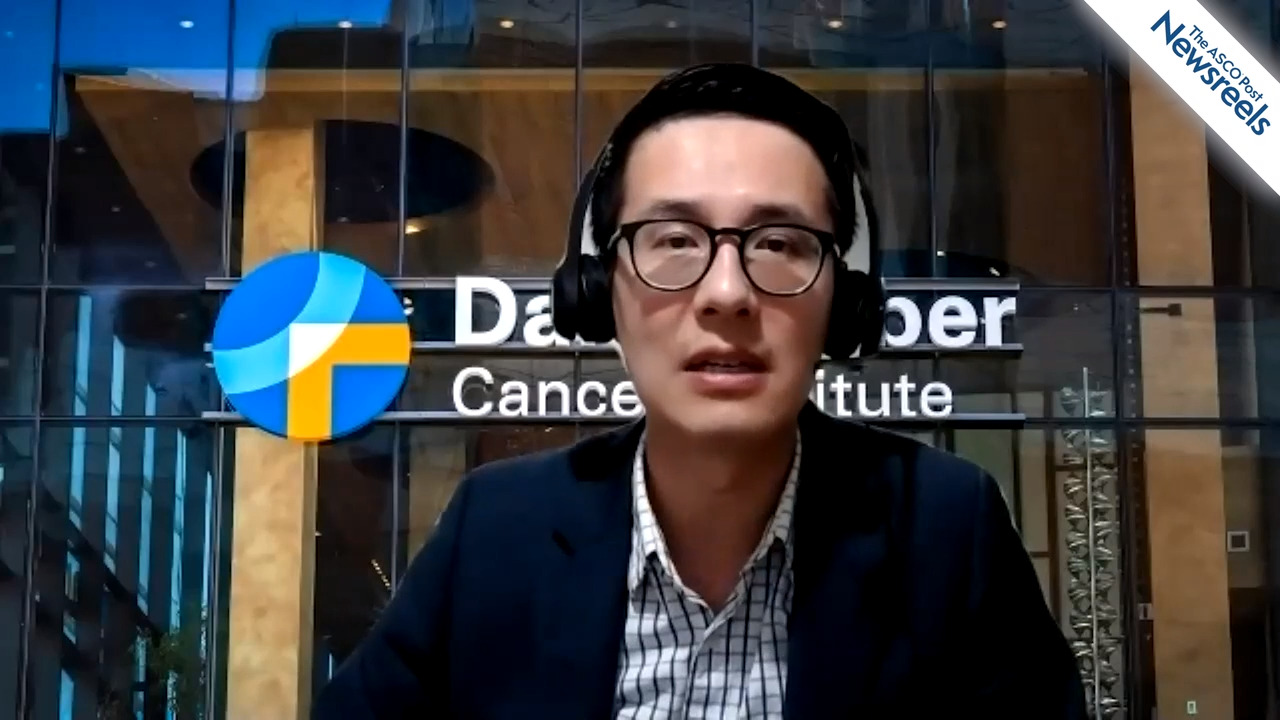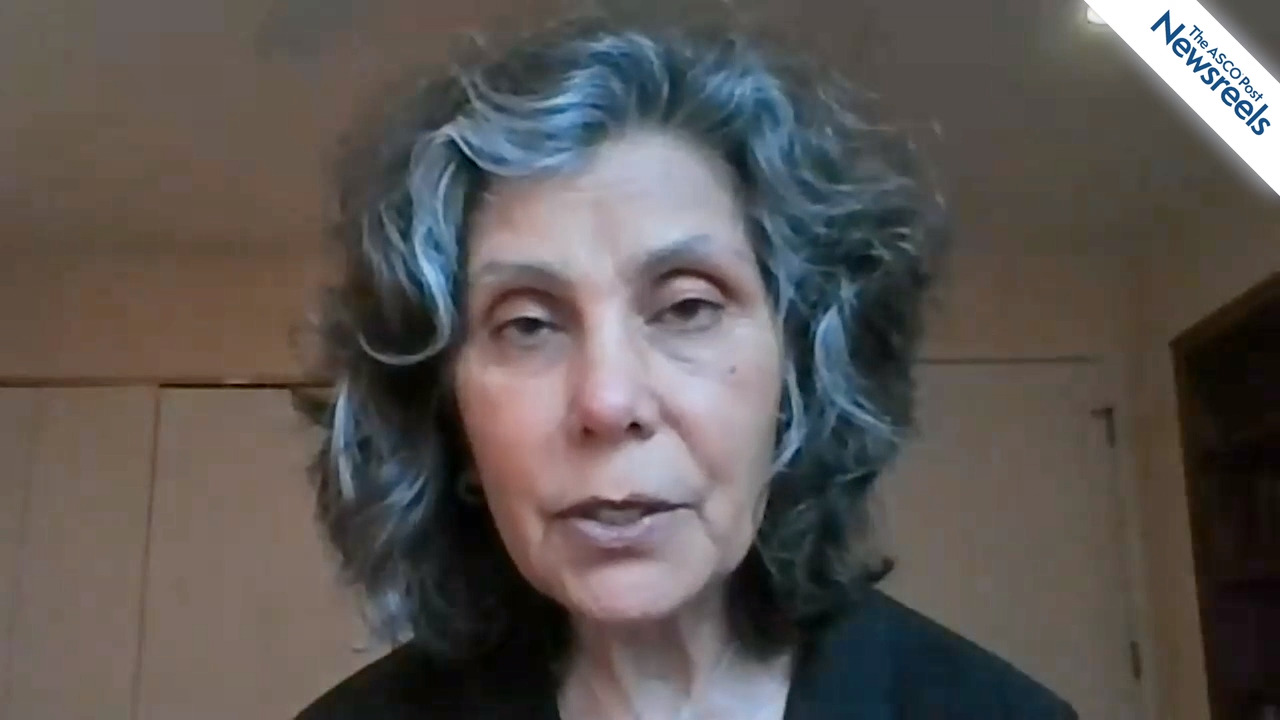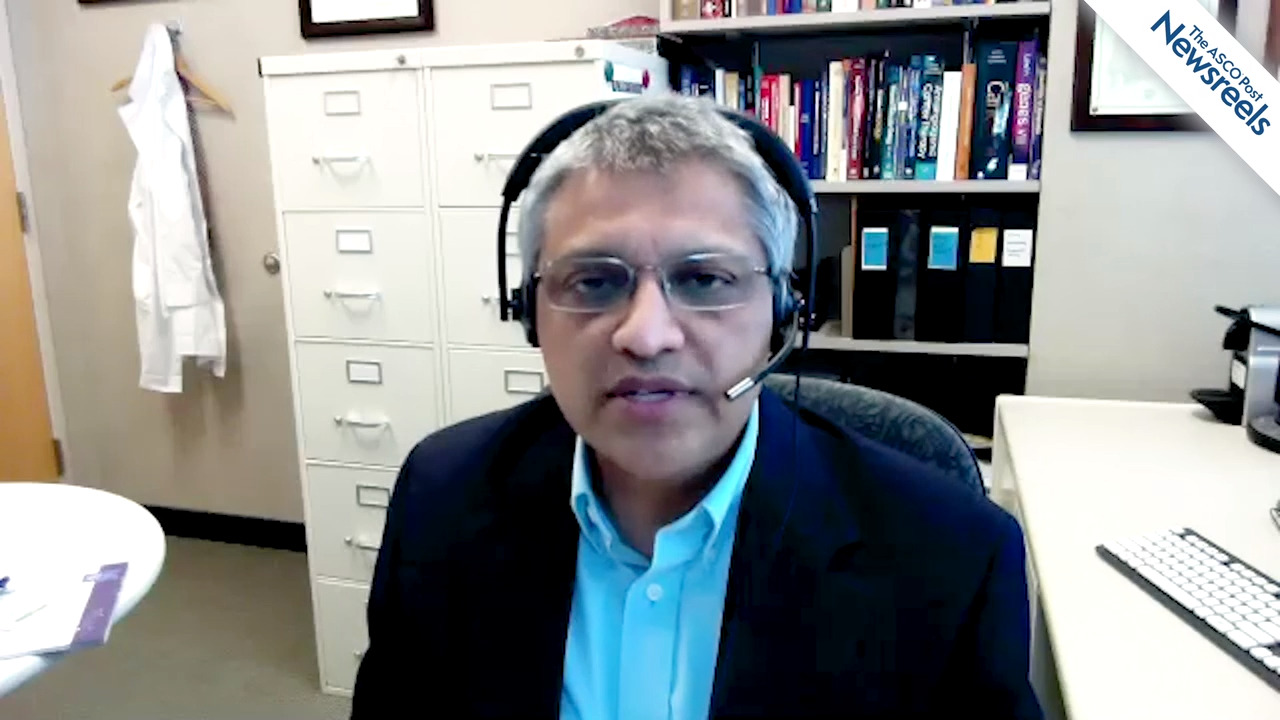Douglas B. Johnson, MD, on Melanoma: Clinical Trials Update on PD-1 and CTLA-4 Blockade
ASCO20 Virtual Scientific Program
Douglas B. Johnson, MD, of Vanderbilt University Medical Center, discusses three important melanoma abstracts: the need for more than two doses of nivolumab plus ipilimumab in combination immunotherapy; antitumor activity for low-dose ipilimumab with pembrolizumab after disease progression on PD-1 antibodies; and ipilimumab alone or in combination with anti–PD-1 therapy for metastatic disease resistant to PD-1 monotherapy (Abstracts 10003, 10004, and 10005).
The ASCO Post Staff
Eric Zhou, PhD, of Dana-Farber Cancer Institute, discusses an existing online program called SHUTi (Sleep Healthy Using the Internet), that he and his team adapted to the needs of adolescent and young adult cancer survivors. After six online cognitive behavior therapy sessions delivered over 8 weeks, the 22 patients in the study reported a significant reduction in insomnia severity, daytime sleepiness, and fatigue as well as an overall improvement in quality of life.
The ASCO Post Staff
Seema A. Khan, MD, MPH, of the Lynn Sage Comprehensive Breast Center, discusses phase III trial results showing that in newly diagnosed metastatic stage IV breast cancer, locoregional treatment of the primary tumor did not offer a greater survival benefit than systemic therapy (Abstract LBA2).
The ASCO Post Staff
Daniel P. Petrylak, MD, of the Yale Cancer Center, discusses early data on ARV-110, an androgen receptor proteolysis–targeting chimera degrader, demonstrating antitumor activity in metastatic castration-resistant prostate cancer after treatment with enzalutamide and abiraterone (Abstract 3500).
The ASCO Post Staff
Shaji Kumar, MD, of the Mayo Clinic, discusses findings from the ENDURANCE trial, which showed bortezomib, lenalidomide, and dexamethasone should remain the standard of care in patients with newly diagnosed standard- or intermediate-risk multiple myeloma, for whom early autologous stem cell transplant is not intended (Abstract LBA3).
The ASCO Post Staff
Suresh S. Ramalingam, MD, of Emory University, discusses a 3-year update from the CheckMate 227, Part 1, trial, which showed that nivolumab plus ipilimumab continued to provide durable and long-term overall survival benefit vs platinum-doublet chemotherapy as first-line treatment for patients with advanced non–small cell lung cancer (Abstract 9500).





